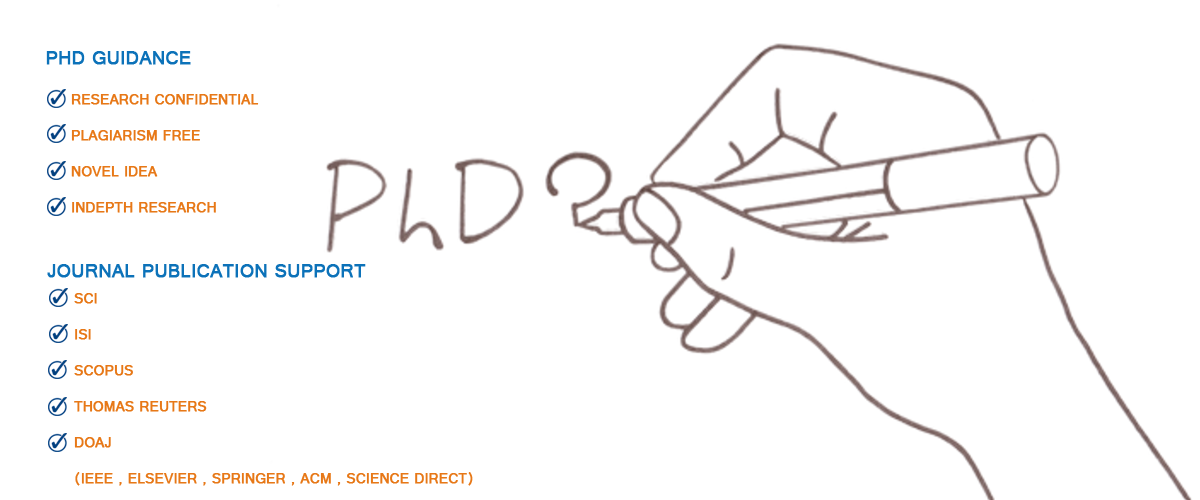COOPERATIVE communication networks promise high quality of services for contemporary and next-generation communication systems . On the ASEP of Decode-and-Forward Dual-Hop Networks with Pilot-Symbol Assisted M-PSK Their end-to-end (e2e) performance can be further improved by employing multiple antennas relays and using efficient combining schemes. A reasonable choice is the maximal-ratio combining (MRC) scheme, that maximizes the instantaneous output signal-tonoise ratio (SNR), and consequently, offers the best error rate performance. On the ASEP of Decode-and-Forward Dual-Hop Networks with Pilot-Symbol Assisted M-PSK For coherent detection based on this scheme channel estimates are required. In practice, these estimates are imperfect. Specifically, noise is added to them, due to the channel estimation technique used, resulting in performance degradation. It is, therefore, important to study the effect of such imperfections on the e2e performance and optimize critical parameters, such as the pilot symbols power, On the ASEP of Decode-and-Forward Dual-Hop Networks with Pilot-Symbol Assisted M-PSK number of pilots per channel block, number of relays and antennas, etc., to compensate for the degradation. In the open technical literature there are many important works on point-to-point communications considering pilotsymbols assisted modulation (PSAM) techniques,. Motivated by these early works, various papers on cooperative communications with imperfect channel state information (CSI) have been published. For example in the impact of imperfect transmitter CSI on the diversity gain has been investigated assuming dynamic decode-and-forward On the ASEP of Decode-and-Forward Dual-Hop Networks with Pilot-Symbol Assisted M-PSK (DF) relaying channels, while an analysis for the diversity and multiplexing tradeoff has been also presented. The effect of outdated channel estimates on DF relay selection, when operating over Nakagami-m fading channels has been studied in , where closed-form expressions for the e2e outage probability have been derived. The performance of a multihop wireless communication system with arbitrary number of intermediate relays has been analyzed in assuming Rayleigh fading and the DF relaying protocol. Recently in , the quadrature phase-shift keying (QPSK) average bit error probability (ABEP) of a cooperative network with adaptive DF relaying and PSAM over time-selective and frequencyflat Rayleigh fading has been studied. On the ASEP of Decode-and-Forward Dual-Hop Networks with Pilot-Symbol Assisted M-PSK Although the aforementioned works cover important aspects of DF cooperative systems with imperfect CSI, specific assumptions are being made that limit their generality, e.g., by assuming a specific channel model, a single-channel scenario, uncorrelated channels, or a specific modulation order.







